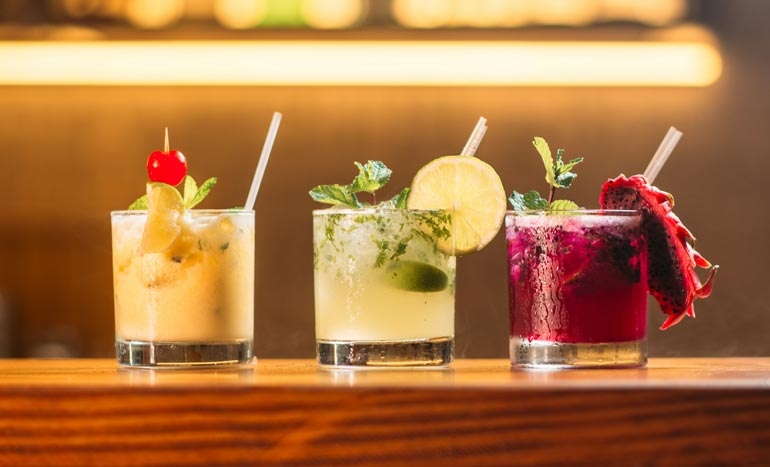Start 14-Day Trial Subscription
*No credit card required

Sustainability and the Beverage Industry
Learn how your drink choices can align with your morals and contribute to a healthier planet. Dive into environmental initiatives, ethical sourcing practices, and consumer education efforts driving positive change.
The world is more inclined than ever towards sustainable practices, especially in the food and beverage industry. Your drink doesn’t just have to be refreshing; it should align with your morals and contribute to your overall health.
It’s not just consumers; even the EU parliament proposed a new directive on how companies and businesses should practice sustainability. Companies now realize that adhering to these standards is the only way to succeed in the market. In this article, we’ll look into how the beverage industry embraces sustainability, benefiting both you as the consumer and the planet.
Environmental Footprint
The first sustainability concern is whether beverages are produced in an environmentally friendly way. Many companies are investing in energy-efficient technologies, optimizing water usage, and adopting renewable energy sources to decrease resource consumption. In the near future, fossil fuel-powered machines might become close to none.
Many food and beverage recruiter support talent dedicated to driving sustainability initiatives forward. Some beverage manufacturers are also exploring alternative production methods, such as using innovative fermentation techniques to reduce resource consumption and waste generation.
Packaging is another aspect of the beverage industry that significantly contributes to plastic pollution and waste. To address this issue, beverage companies are pioneering innovative packaging solutions to prioritize sustainability. They use recycled and biodegradable materials, design lightweight containers to reduce transportation emissions, and invest in refillable and reusable packaging models.
Some beverage companies are exploring packaging-free alternatives to minimize packaging waste altogether. Dispensing systems, such as bulk refill stations or self-serve dispensers, are another option. In these, you bring your refillable containers to get your drinks instead of plastic or paper cups.
Ethical Sourcing
Any drink, be it coffee, tea, cocoa, alcohol or fruit juices, requires you to source raw materials from various parts of the world, depending on their quality and rarity. Beverage companies are now prioritizing partnerships with suppliers who adhere to fair labor practices, support local communities, and employ environmentally friendly farming methods. It encourages sustainable agricultural practices, and you can consume the beverage knowing that the supply chain functions ethically.
Consumer Education
Sustainability efforts involve what happens behind the scenes and you, the consumer, to raise awareness. Many companies transparently communicate their sustainability initiatives through labeling and corporate social responsibility reports so that you know how they produce your beverage. This not only helps them enhance their brand image and attract customers, but it allows them to keep themselves in check and make eco-conscious branding decisions.
Marketing campaigns now focus on sustainability themes, highlighting renewable energy sources, promoting refillable and reusable packaging options, and showcasing partnerships with environmental organizations. This helps you decide whether the company's sustainability practices are enough to support its brand.
This aligns with the recent rise in conscious consumerism, where you make ethical, social, and environmental purchases. Companies can build trust and credibility by actively listening to consumer concerns and prioritizing wellness-centric products such as plant-based drinks or those that improve health.
Sustainability in the Beverage Business
While the beverage and food industries may still be far from using its resources most efficiently, some big players have taken steps toward making it possible. By being mindful of the effects of their manufacturing process on the environment, sourcing methods, and how well-informed their consumers are, these companies are one step closer to making sustainability a top priority. Together, beverage companies and we can drive positive change for the planet and future generations in how food and drink is produced.



